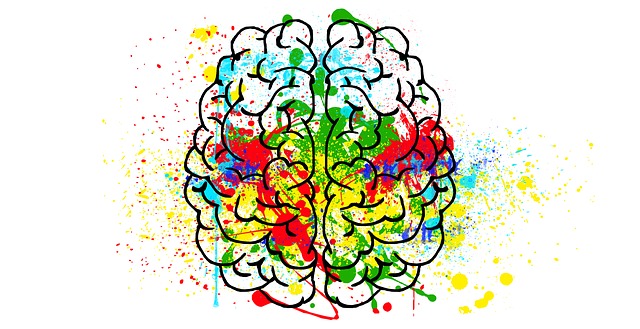
05 Jun The teenage brain
Neuroscience is revealing more and more about the ways in which teenagers’ brains are different to adults’ brains. Understanding how this impacts on their thinking, mood and behaviour can be very helpful and sometimes quite reassuring for those of us that work with them. With that in mind I hope that you’ll find the following facts interesting:
- Teenagers feel stress more acutely than adults. In adults, the hormone THP is released in response to stress and it has a calming effect. In teenagers THP actually has the reverse effect meaning that they are left feeling even more anxious
- The teenage brain is about 80% developed, the 20% ‘gap’ is at the front of the brain. As the front of the brain deals with executive functions teenagers will take longer, and find it more difficult to weigh up actions, judge situations and make decisions
- Girls’ oestrogen and progesterone fluctuate with their menstrual cycle. These hormones are connected to mood
- During adolescence, a boy can have 30 times the levels of testosterone that he had before. Testosterone has a significant impact on the amygdala, the part of the brain which controls our flight or fight responses. A teenager whose flight or fight responses have been triggered may become withdrawn or aggressive
- Teenagers’ prospective memory (the ability to remember to do something) isn’t keeping up with the rest of their brain’s growth and development so they really benefit from reminders
- Studies have shown that between the ages of 13 and 17, a third of teenagers’ IQ scores will remain the same, a third will increase significantly and a third will decrease
- Multitasking (including using a mobile phone and or watching television while studying) has been shown to result in a 25% – 40% increase in the time that teenagers need to complete a piece of work
- Teenagers learn faster and remember things for longer than adults. However, many other study skills are inefficient – attention, self-discipline and task completion (again, these are controlled by the front of the brain)
- Teenagers need 9-10 hours of sleep a night. However, they are biologically programmed to go to bed late and get up late. As their school day makes this impossible many teenagers are sleep deprived. In addition, the LED light in mobiles, tablets and laptops suppresses melatonin by approximately 22%. As melatonin helps to control the natural rhythms of sleeping and waking teenagers who are using such devices right before bed are likely to struggle to get to sleep
Helping our teenagers (little actions can help in a big way):
The good thing is that you’re probably doing much of this already:
- Help teenagers to think more calmly and rationally as they can find it difficult to do this on their own. Ask them questions that will encourage them to use reason and judgement: ‘Why…?’, ‘What if…?’, ‘How…?’, ‘Is there another possibility…?’
- As a rule of thumb try to remember that the more emotional your teenager is, the calmer they need you to be. It might be appropriate to ‘press pause’ and return to an issue when your student is calmer.
- If you need your students to remember something important remind them again, and again, and again. And try not to take it too personally if they still manage to forget the key text for the exam!
- Keep an open mind with regards to academic potential. It is likely that some of the teenagers in your lives will be able to make great leaps in their performance during their time at secondary school, regardless of where they started off in year 7.
- Encourage the teenagers in your lives to do things ‘one-thing-at-a-time’. Lists, calendars, schedules and written instructions will also help them.
- Accept that your teenagers may look bleary-eyed during period one and that it’s no reflection on your teaching! Chunking up the lesson into smaller parts will help them to maintain focus.
If you are interested in finding out more about the teenage brain you might want to read:
Jensen, F., Nutt, A. (2014). The Teenage Brain: A Neuroscientist’s Survival Guide to
Raising Adolescents and Young Adults. New York: Harper Books


